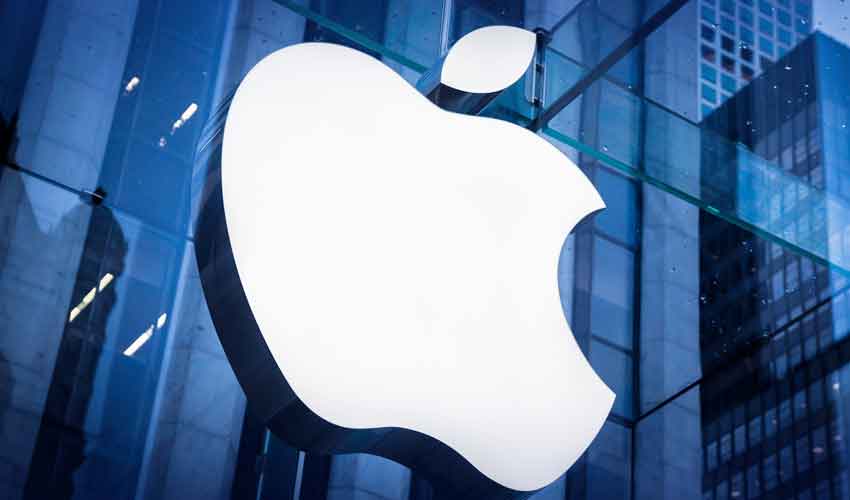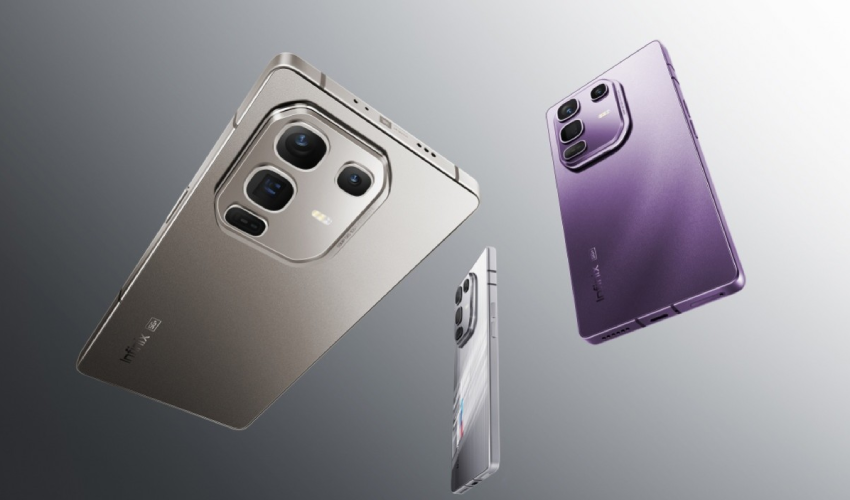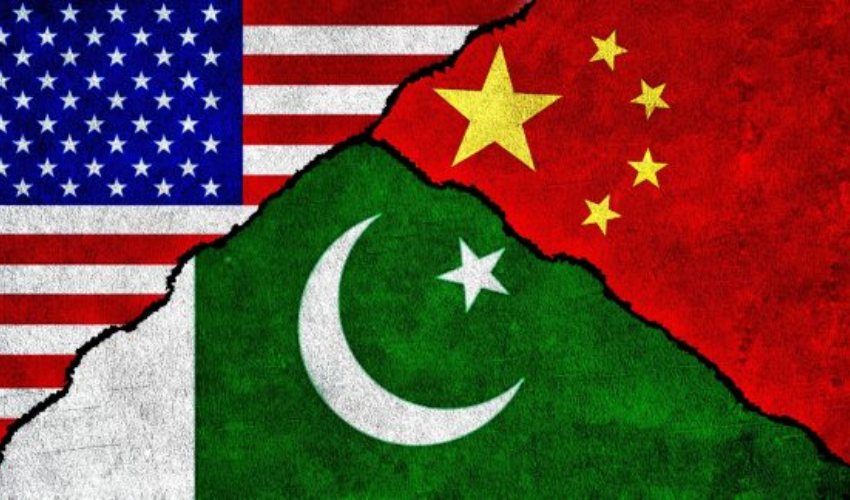Apple is reducing retail prices of its iPhones by up to 500 yuan ($70) in China as part of an unusual discount program, in response to increasing competition in the largest smartphone market globally.
The American tech giant reduced the cost of select iPhone models by 5% on Monday, according to its Chinese website. In advance of the celebration in mid-February, a time-limited offer dubbed a Lunar New Year event will run from January 18 to January 21.
In China, sales of Apple's most recent iPhone 15 series of phones have been significantly lower than those of earlier versions.
Domestic competitors like Xiaomi and Huawei Technologies provide competing models, and according to sources, certain businesses and government agencies have been restricting employees' use of Apple devices, which is similar to the United States government's ban on Chinese apps due to security concerns.
According to a client note from Jefferies analysts, Chinese iPhone sales fell 30% in the first week of 2024 compared to the same period the previous year. Sales had already decreased 3% for the entire year of 2023. Analysts predict that this year will see more competition.
For years, Apple has not lowered the cost of its most recent iPhone models. The price reductions follow the unexpected September debut of the iPhone 15 series, which caught the market off guard.
Since the start of the year, online retailers like Pinduoduo have been cutting the price of the iPhone 15 and iPhone 15 Pro by up to 16%.
The discounts, according to Nicole Peng, senior vice president of market research firm Canalys, were not unexpected given Apple's drive to increase sales worldwide, particularly in China, given the fiercer competition and the growing reluctance of Apple devotees to upgrade.
"It is clear that Huawei is making a comeback," Peng stated, "Some Chinese consumers may return to using Huawei as driven by patriotism."
Canalys forecasts Apple sales this year to be unchanged worldwide while experiencing a modest dip in China.
A request for comment from Apple was not answered.



























